“Charities are only for the poor and the needy, and those employed to collect them, and those whose hearts are to be reconciled, and for [the freedom of] the slaves and the debtors, and in the way of Allah, and for the traveller. [This is] an ordinance from Allah and Allah is All-Knowing, All-Wise.” (Surah Tawbah 9:60)
Zakat is obligatory for Muslims. We know this. Many of us know that when we give Zakat, it goes to those in financial need. But what does that mean in today’s modern context?
In this blog, you will learn about all the categories of eligible people to receive Zakat, and how it applies in our current modern context.

There are eight categories of people who are eligible to receive Zakat. These 8 categories are explicitly outlined in a single Quranic verse:
“Charities are only for the poor and the needy, and those employed to collect them, and those whose hearts are to be reconciled, and for [the freedom of] the slaves and the debtors, and in the way of Allah, and for the traveller. [This is] an ordinance from Allah and Allah is All-Knowing, All-Wise.” (Surah Tawbah 9:60)
Ramadan is right around the corner, and many of us use this blessed month as a time to pay Zakat. With many opportunities to give, it can often be confusing to determine who receives this blessed financial assistance.
Check out our recent blog on ‘How to Calculate Your Zakat’ to learn more about who has to pay Zakat, and how to calculate the amount you owe. Our calculator even tells you what the impact of your Zakat is on those in need!
Allah distinguishes between the poor (Faqeer) and the needy (Maskeen). The poor (pl. fuqaraa’) are those who have practically nothing to be able to survive. They live day to day and lack the essentials to meet their daily needs.
The needy (pl. masakeen) have a little, but not enough to meet their needs or live by. The needy are those who need additional assistance to meet their needs.
The first two categories are often the most mentioned when it comes to the topic of alms-giving.
Did you know that organizations who collect and distribute Zakat are eligible to receive a portion of it? Your Zakat can be used to pay the salaries and administrative fees of people and organizations who ensure Zakat is delivered.
The Prophet (PBUH) would ask some people to collect Zakat from the Muslims. Due to the nature of the work and efforts, they would be eligible to receive Zakat in return.
In the modern context, a percentage of Zakat can be used to meet overhead and administrative costs to provide this essential service to the community. Those who work in the administrative apparatus and those in the collection.
Zakat can be used to bring the hearts of people together, especially new Muslims who are struggling to transition to their new life. Providing new Muslims with financial assistance through Zakat can help achieve faith. This was done by the Prophet Muhammad (PBUH) when he gave a chief (non-Muslim) a valley full of livestock after the Battle of Hunayn:
This category of Zakat can also help alleviate the suffering of non-Muslim populations from natural disasters. Ibn Masud said, “human hearts have been naturally predisposed to love those who do good to them”. Charity unlocks hearts. This same category is essential to our mission and vision; as agents of change at HCI, we aim to alleviate all human suffering.
During the Prophet (PBUH) time, those who were servants or enslaved were eligible for Zakat to be able to free themselves.
In today’s context, liberating captives can mean several things, such as freeing women who may be held against their will. Or even people trapped in specific jobs, such as sweatshops where working conditions are unsafe, or those who are working against their will.
Islam liberates these communities through Zakat and protects them from harm’s way to transition to safer situations.
Zakat can be applied to those who are in extreme debt. This specifically refers to those who are so indebted that they cannot sustain or fulfill their daily necessities and obligations. For example, someone’s home was their primary income source and was destroyed by a natural disaster.
For the sake of Allah: In the path of God. Traditionally understood as those who defended the faith. In the modern context, it is used in connection with actions or efforts taken for the sake of God.
This refers to a person who may have been cut off from their income source due to the distance from their home. This can be in the form of money to help them to be able to meet basic needs, such as food and shelter, or help them return safely to their destination.
In today’s world, this demographic is often refugees forced to leave due to distress or are temporarily displaced until they can return home safely.
We’ve discussed all those who can receive your Zakat, but are there any who cannot receive it?
Other than those who are financially stable, your immediate family members are ineligible for your Zakat as well, such as your direct descendants (children) and ascendants (parents). That means your spouse, children and parents, grandparents and grandchildren. This is because providing for your family is a direct obligation and falls outside the realm of Zakat.
However, your extended family, such as cousins, uncles, etc., can receive your support by Zakat if they are eligible for it in many cases. Always ask your local Imam for clarification in some instances if you’re unsure.
Human Concern International is connected to people who are directly eligible for Zakat. Last year, your Zakat changed the lives of 70,500 people.
With your support, we CAN and WILL continue to deliver financial assistance to help fight and alleviate abject poverty, and build stronger, sustainable communities. Check out our Zakat page today.
“Establish prayer, and pay alms-tax. Whatever good you send forth for yourselves, you will ˹certainly˺ find ˹its reward˺ with Allah. Surely Allah is All-Seeing of what you do” (2:110)
Stay tuned for more helpful information on Alms-giving this month!
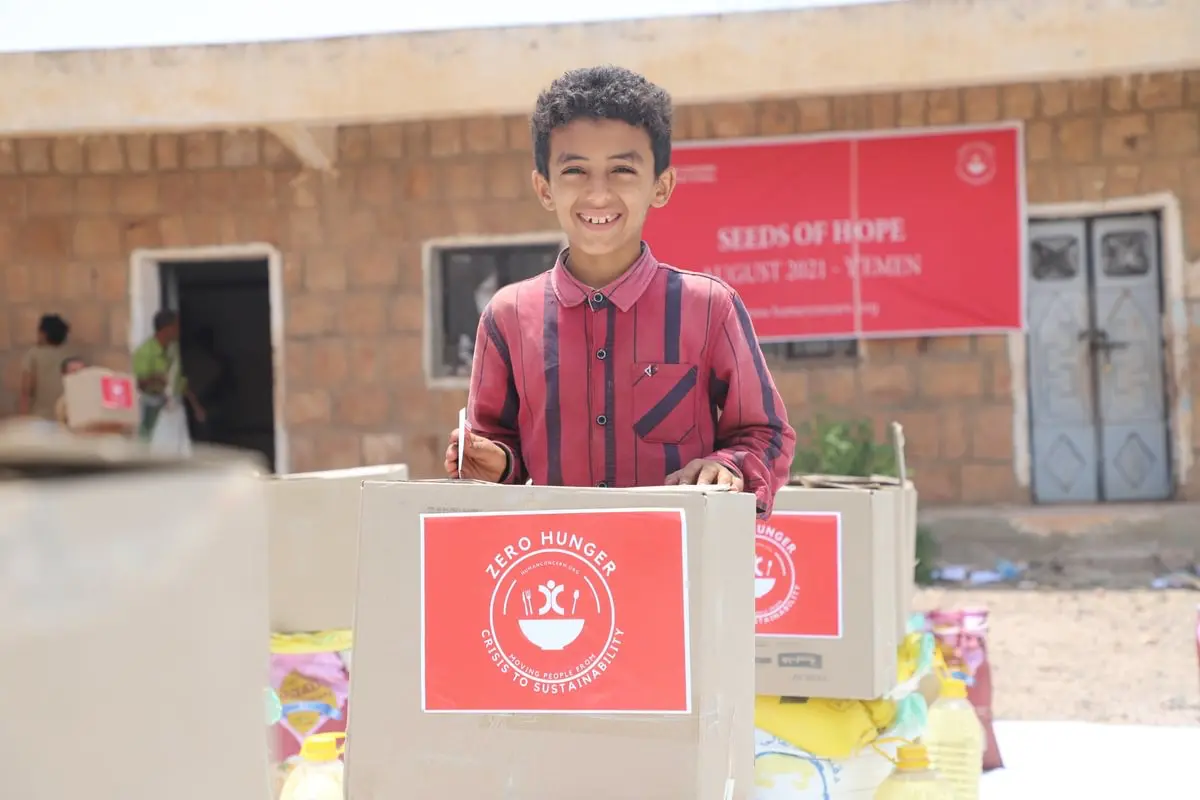
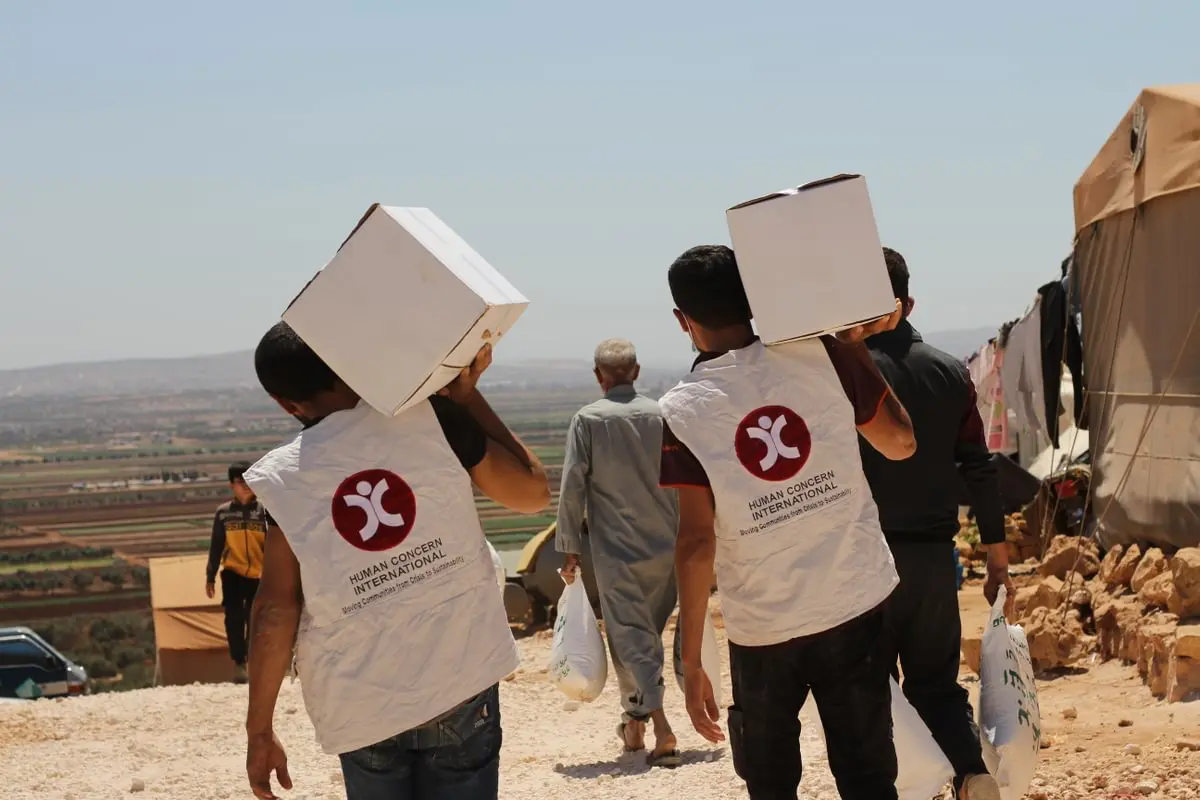
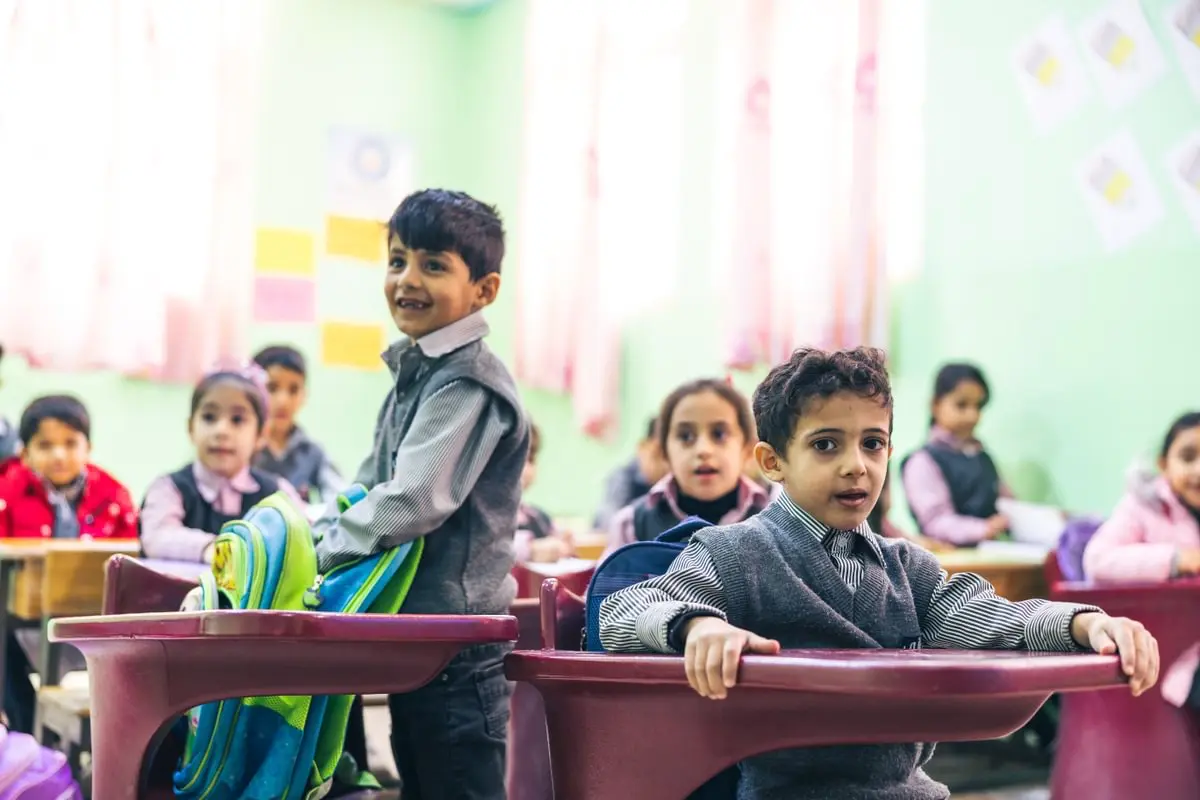
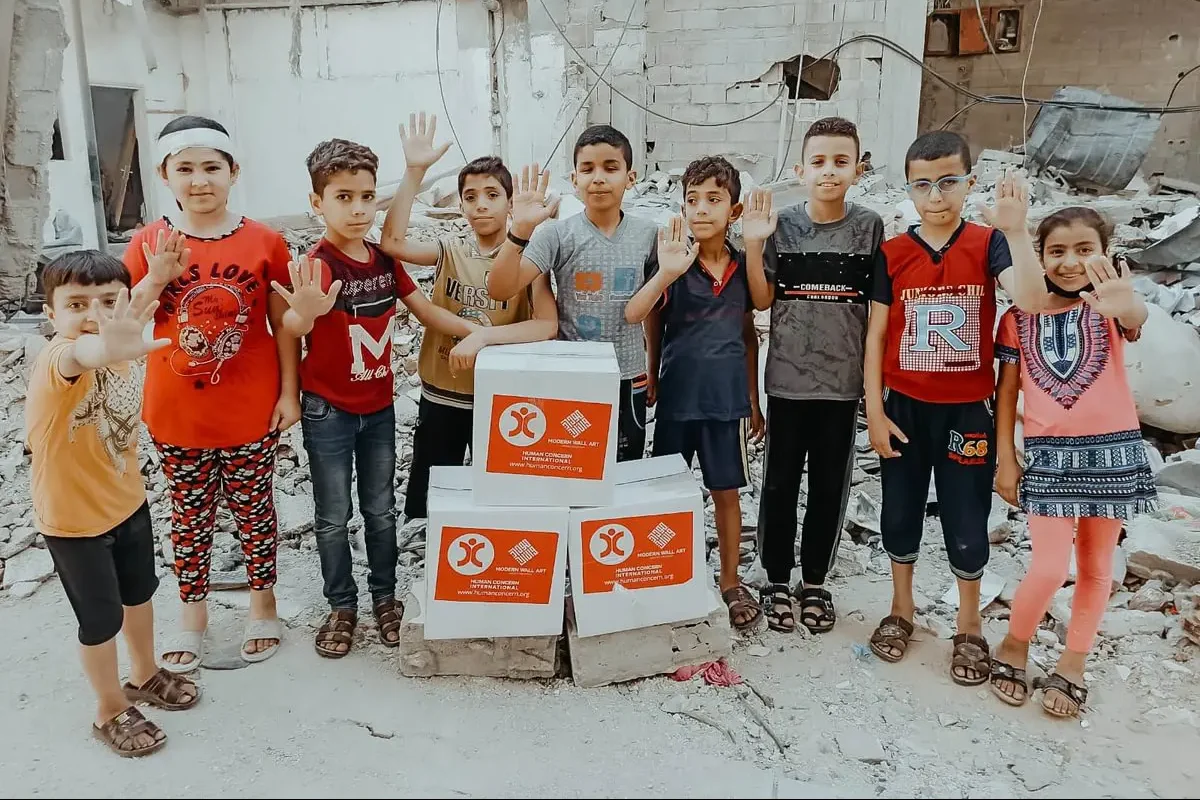
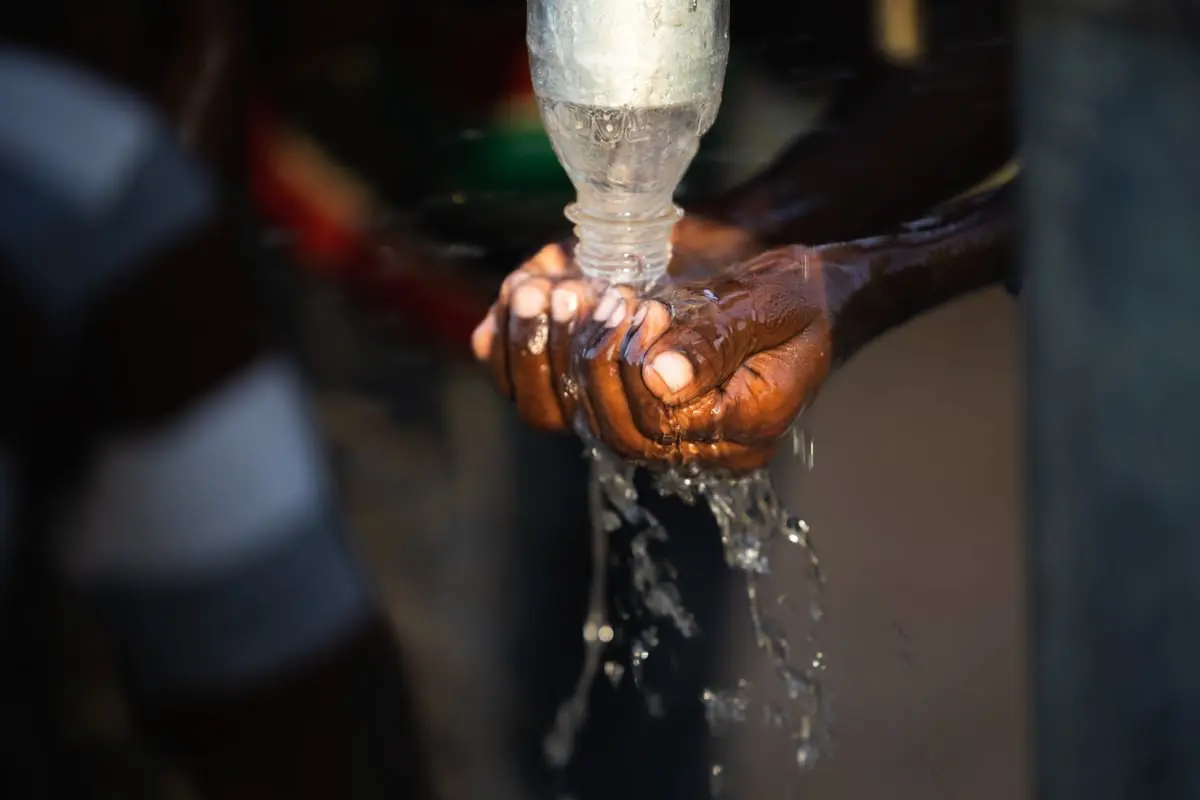
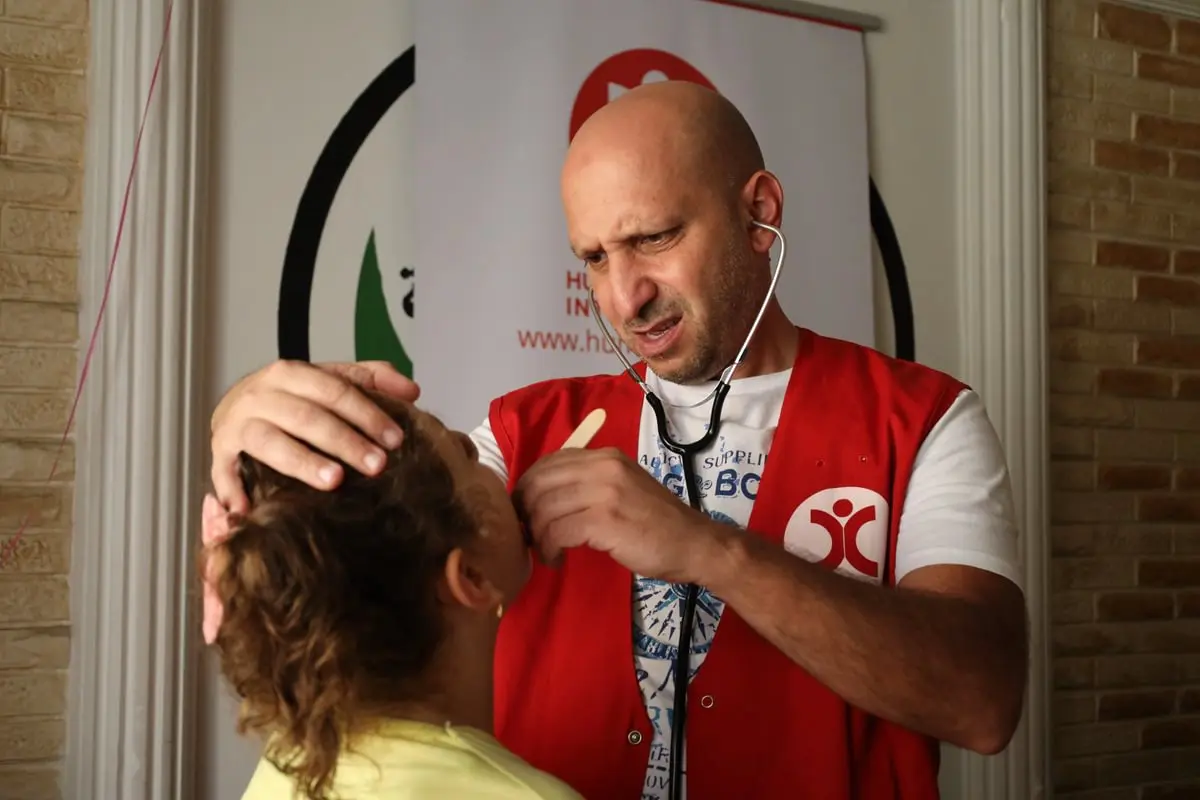
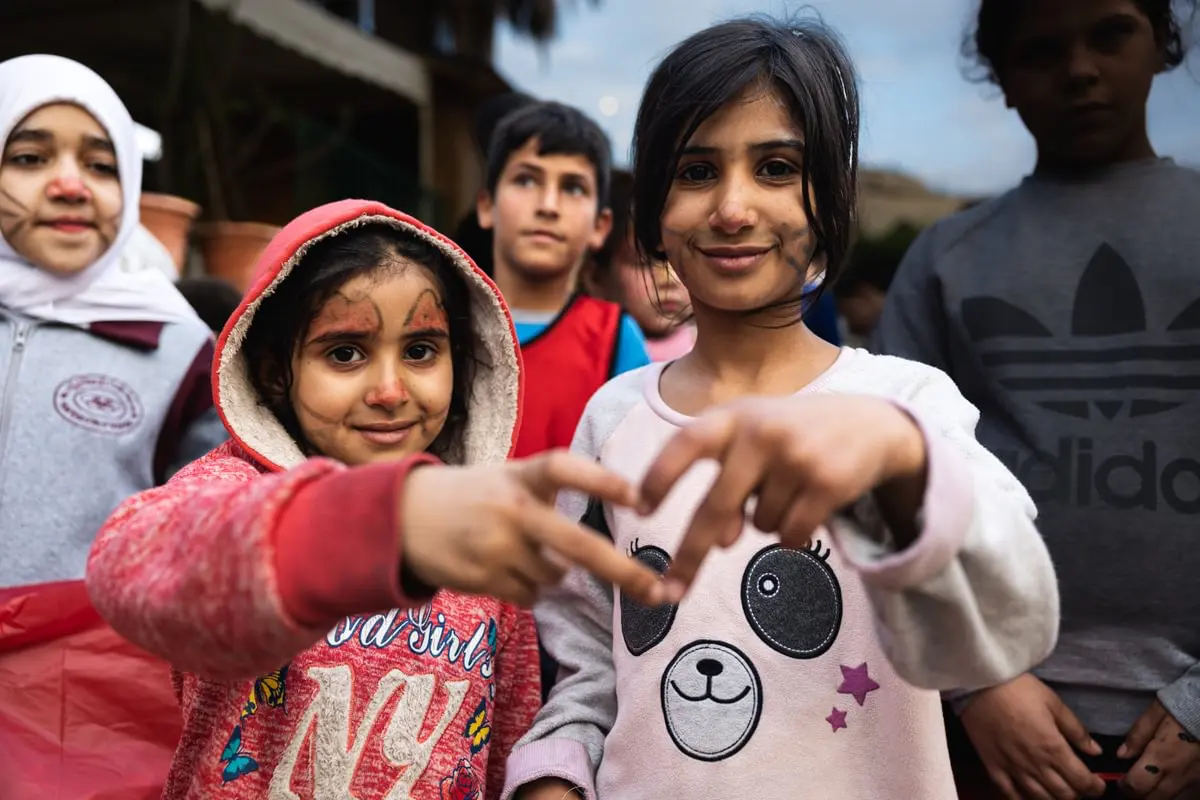
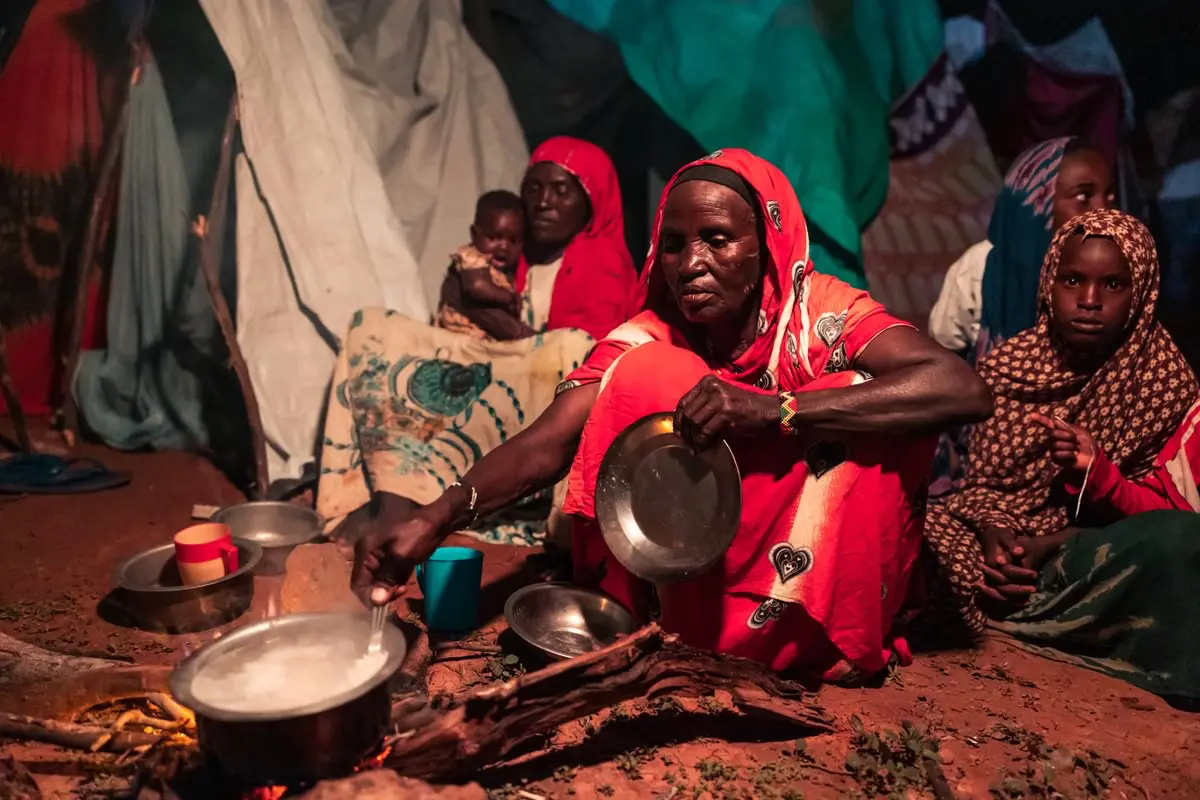
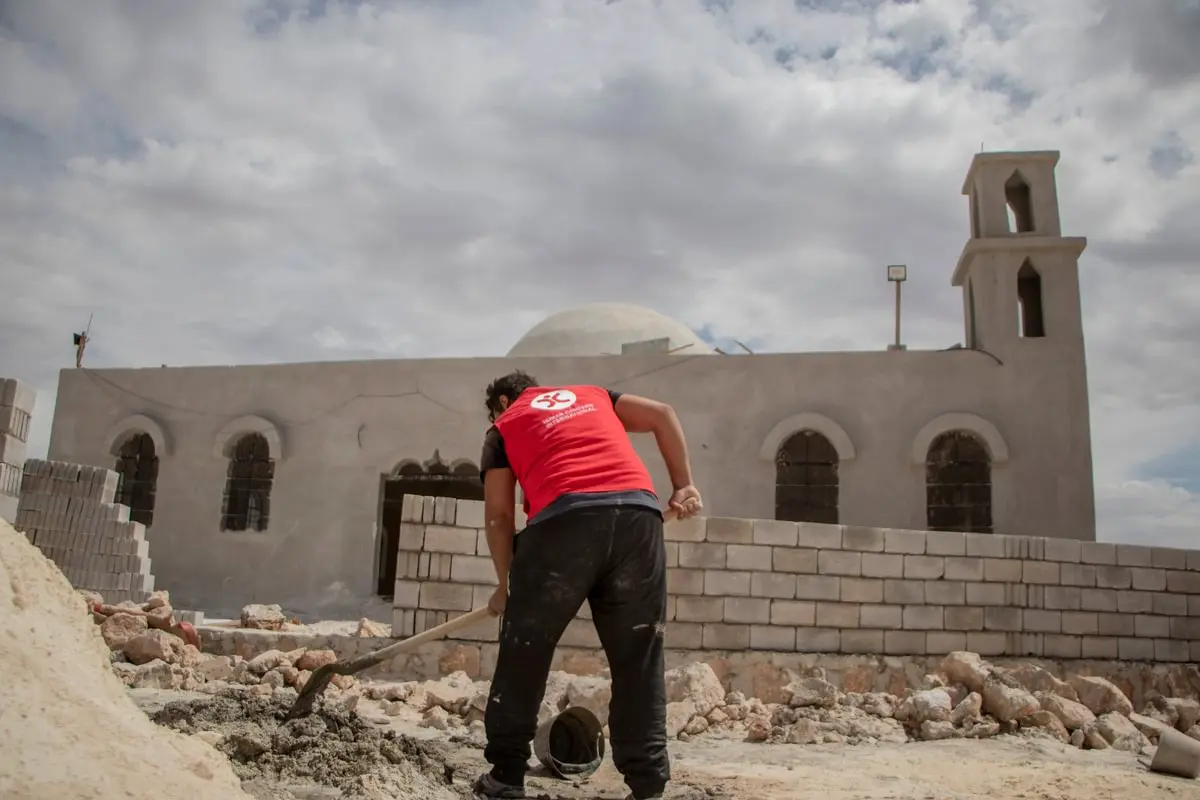
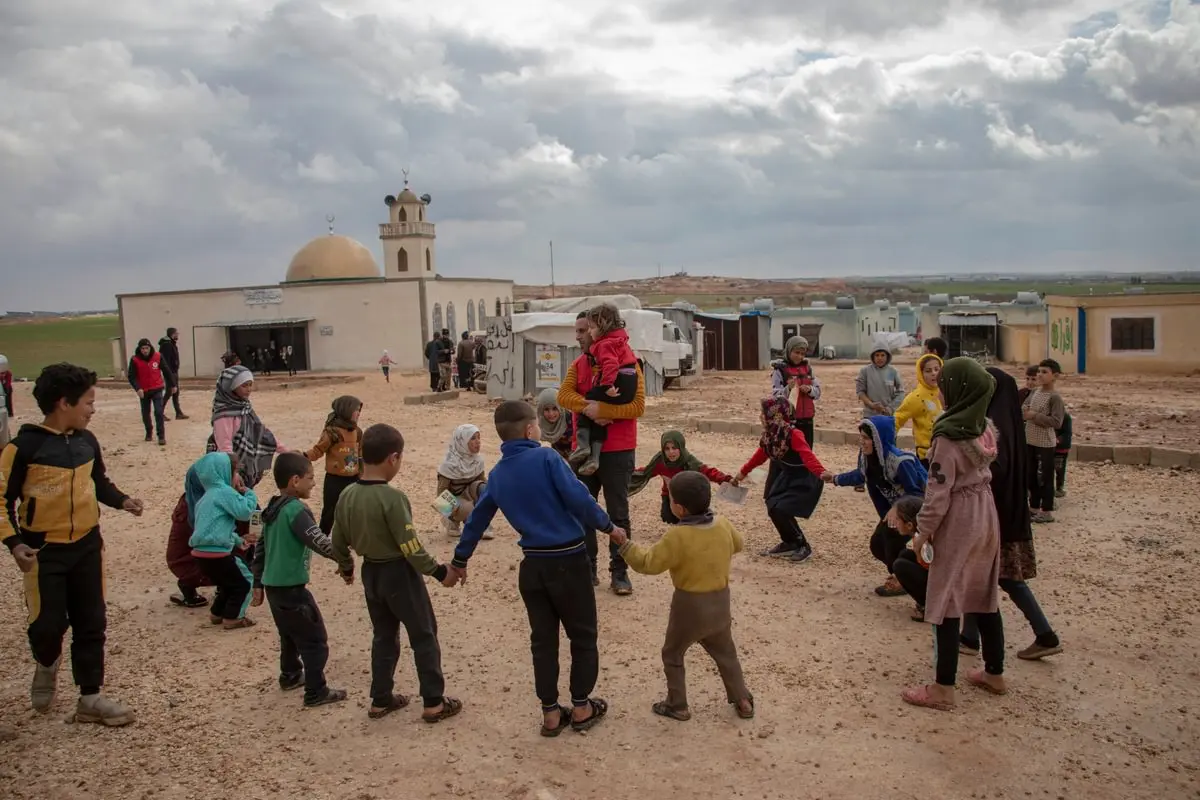
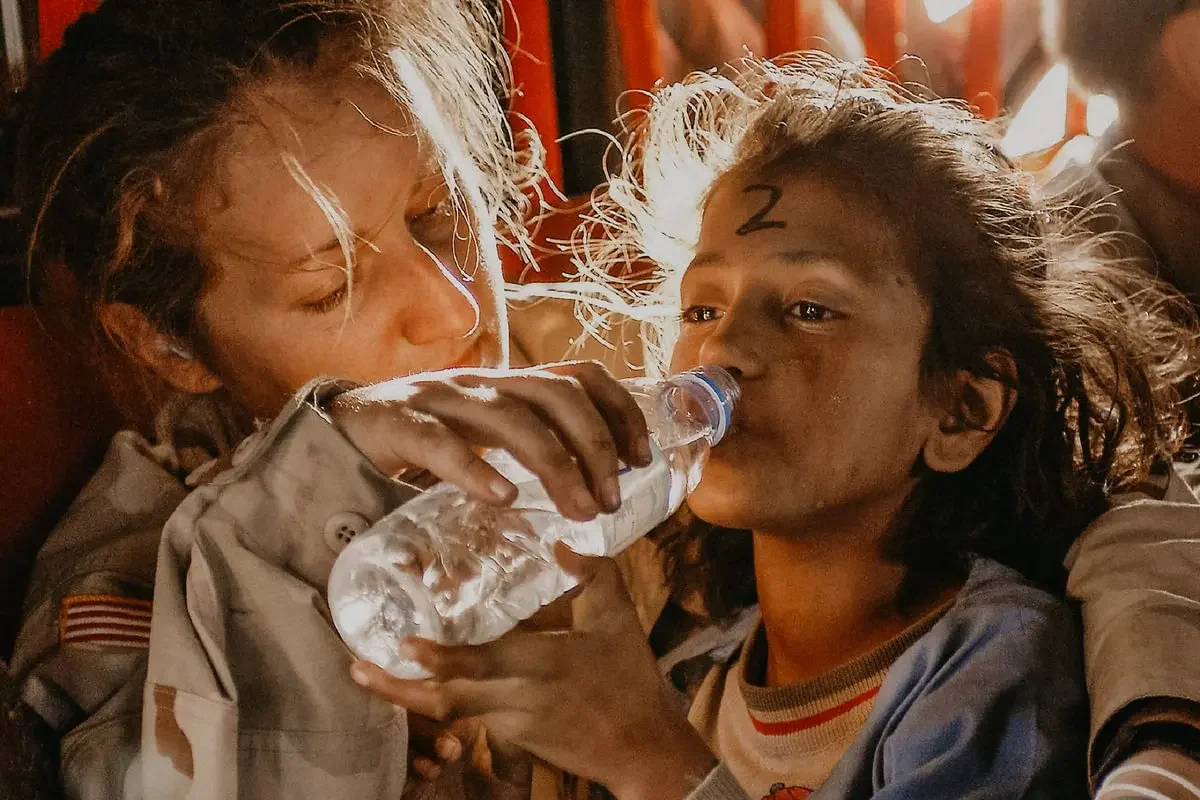
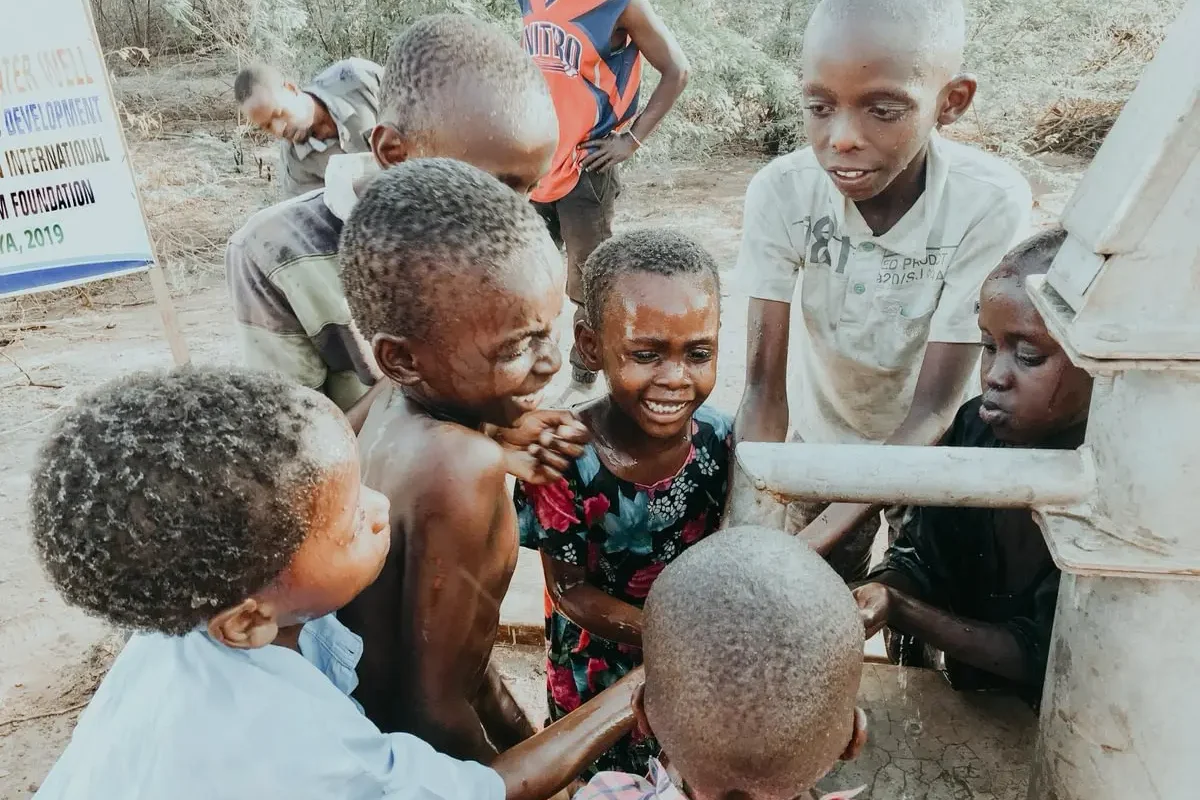
Human Concern International is the oldest Muslim relief organization in Canada, fighting poverty for over 45 years.
We are a registered charity with the CRA. Charitable Registration No. 107497125 RR 0001